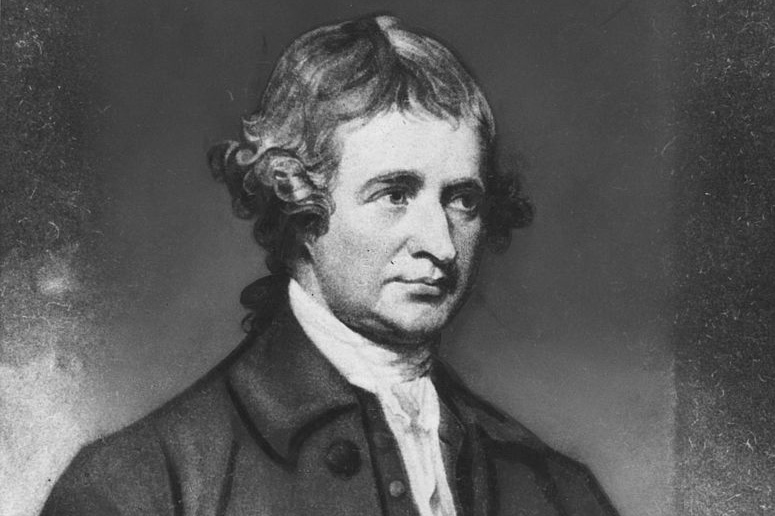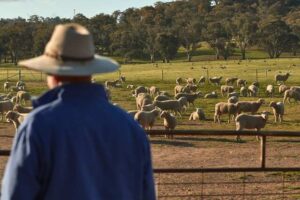
circa 1780: Irish born political philosopher and statesman Edmund Burke (1729 - 1797). (Photo by Hulton Archive/Getty Images)
URGENT UPDATE: New insights reveal how Australia’s early leaders shaped a unique democratic landscape, emphasizing the nation’s commitment to representative government. In a landmark address in 1840, James Hurtle Fisher, the first elected head of government in Australia and Mayor of Adelaide, championed the idea of a government representing the interests of the people, declaring it “one of the most invaluable privileges of British subjects.”
This pivotal moment in Australian history resonates today as the country grapples with the impacts of modern governance. Fisher’s vision for local freedom and economic growth laid the groundwork for a distinctly Australian democratic identity, moving away from the historical shackles of absolute monarchy and tribalism.
With the backdrop of ongoing debates and social tensions, the importance of Fisher’s principles is more relevant than ever. Local parliaments, emerging in the 1850s, were based on British models but operated with a one-man-one-vote system, reflecting a commitment to inclusivity and compromise.
Why This Matters NOW: In a time when political divisions are increasingly pronounced, the foundational ideals of compromise and mature judgment advocated by figures such as Fisher and philosopher Edmund Burke serve as a vital reminder of the need for unity in governance. As tensions flare on Australian streets, with weekly protests emphasizing social justice and identity politics, the legacy of early leaders highlights the importance of dialogue over discord.
The ongoing challenges of economic growth and social cohesion signal a critical juncture for Australia. Recent government initiatives aimed at transforming the country’s identity have led to rising energy costs and strained living standards. Critics argue that a focus on economic foundations, rather than identity politics, is essential for a prosperous future.
Amid these complexities, the historical context of Australia’s development offers a blueprint for addressing current issues. The pastoral wealth generated by early settlers created a foundation for prosperity, enabling local parliaments to address emerging challenges.
As the nation reflects on its journey from British origins to a unique democratic society, the call for a return to foundational values grows louder. Reg Hamilton, Adjunct Professor at Central Queensland University, emphasizes that the government’s primary role should be to uphold the freedoms and legacies fought for by previous generations in two world wars.
Next Steps: As Australia stands at a crossroads, the emphasis should shift towards sustainable economic policies and responsible governance that honors the sacrifices of the past. The nation must prioritize a discourse grounded in mutual respect and collaboration to ensure that the ideals of democracy and liberty endure.
Stay tuned for more updates as this story develops, and engage with the conversation surrounding the future of Australian democracy and governance.





